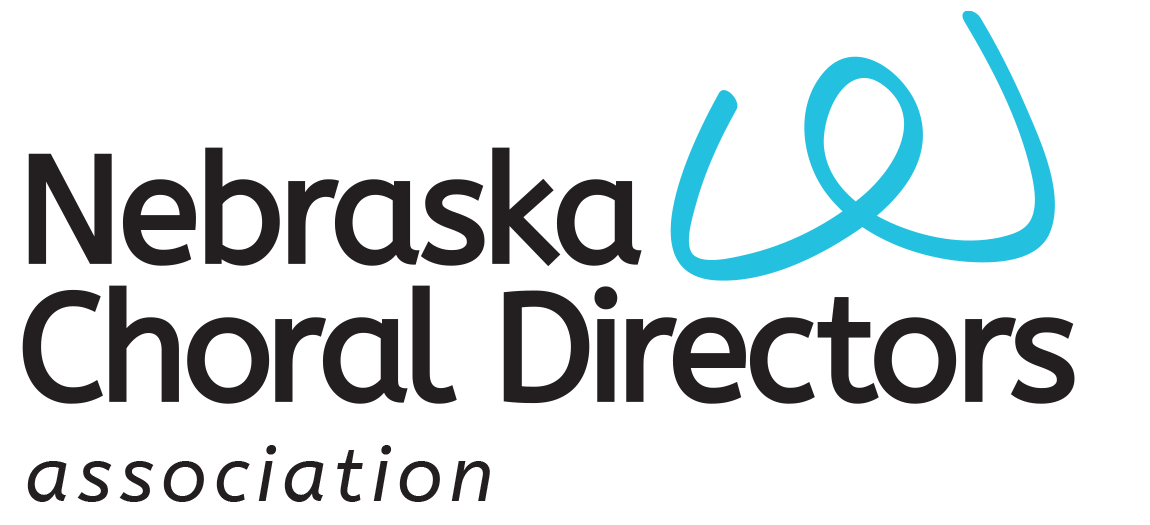For centuries, music has played a pivotal role in social and political movements. From the Civil Rights movement in the United States, to the anti-apartheid movement of South Africa, to the “Singing Revolution” of the Baltic states, music has been a powerful force to unite, propel, disrupt, and change.
Last year, Justice Choir launched as a nationwide movement of communal singing and a resource of free published music. There are fifteen chapters around the country that function in different ways. Some are essentially community choruses that meet regularly and perform concerts, while others, like our Omaha chapter, promote social justice through communal singing with events open to anyone in the community.
The Justice Choir Songbook is a free resource of choral arrangements of powerful songs from social movements as well as newly composed songs around themes of justice, peace, empowerment, and inclusion. These songs are available for download at www.justicechoir.org. They are meant to be taught and sung in any context, including schools and churches. There are a number of pieces in here that are excellently suited to teaching school choirs of all ages, especially in the fall, when many of us are working to build fundamental skills with our students while giving them music that singable within the first few rehearsals—something they can latch onto that keeps them coming back for more. Unlimited copying and distributing is available through the Creative Commons license. Did I mention they’re free?
The songs vary in difficulty, but all are meant to be accessible by diverse groups of people. Some are unison, others are written with three or four-part harmony. Almost all of them will work either a cappella or with an accompanying instrument. There are opportunities for soloists, percussion, improvised harmonies, and more. Here are a few of my favorites that I think work well for school age choirs:
- Love is Love is Love is Love, by Abbie Betinis. This is a canon in 3 or 4 parts, or can be sung as two parts, with one part singing the whole melody and the other part remaining on the refrain (“mantra”). I taught this to my women’s chorus last spring, and they loved it.
- Ain’t Gonna Let Nobody Turn Me ‘Round, arr. J. David Moore. This popular song from the civil rights movement is arranged here for soloist and SAB choral parts. Like many of the songs, there is opportunity to add your own text, which can be a great way for students to add their voice.
- I Lift My Voice, by Andrea Ramsey. This is unison and very easy to teach using solfege! I taught this at a men’s chorus festival last year and the men loved it.
- No nos moverán, transcribed by Justice Choir. This is a Spanish translation of a freedom song from the civil rights era: We Shall Not Be Moved. Interestingly, the Spanish version became critical in labor movements and protests in South and Central America. It is a call and response song in unison, with easy opportunities to improvise harmonies. I love the rich history of intersectionality in this song.
- Ana El Na, by Karen Siegel. This is a round in 3-parts written in Hebrew. The text translates to “Please God, help us. Renew our spirits.” This piece could work for worship services as well.
- Resilience, by Abbie Betinis. This can be sung as a unison piece or in 3 parts with a descant. Abbie Betinis composed this song and text after beating cancer three times. Resilience, we are strong!
These are all great pieces to get kids singing early in the year, and also great to get kids talking about ideas and issues that are important to them. I invite you to explore the songbook on your own–there are dozens more songs that might be perfect for your ensemble. If you’re in Omaha, I hope you’ll join us for our next Justice Choir – Omaha event. Follow us on our facebook page for more information.
